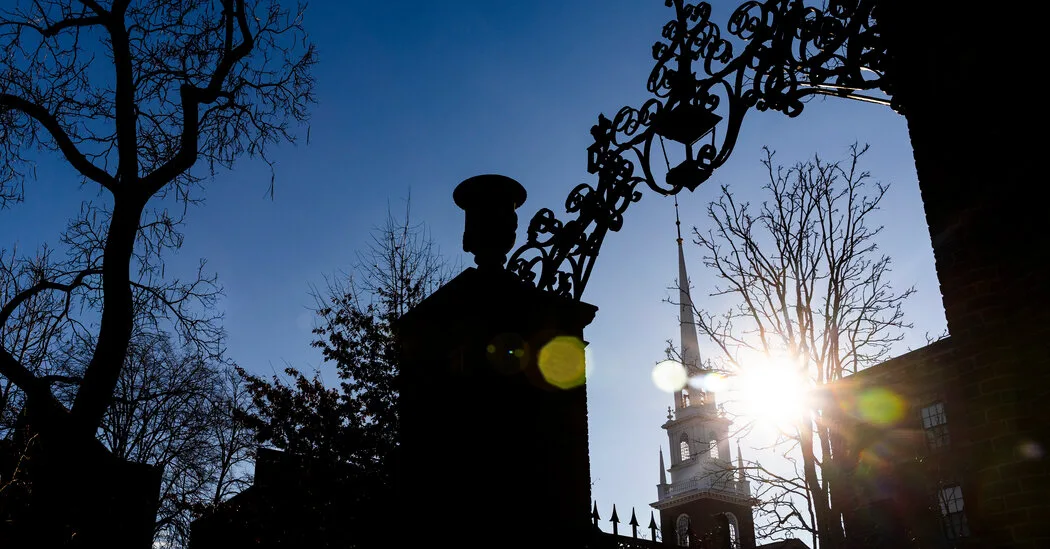
On Tuesday, I made the wrenching but necessary decision to resign as Harvard’s president. For weeks, both I and the institution to which I’ve devoted my professional life have been under attack. My character and intelligence have been impugned. My commitment to fighting antisemitism has been questioned. My inbox has been flooded with invective, including death threats. I’ve been called the N-word more times than I care to count.
My hope is that by stepping down I will deny demagogues the opportunity to further weaponize my presidency in their campaign to undermine the ideals animating Harvard since its founding: excellence, openness, independence, truth.
As I depart, I must offer a few words of warning. The campaign against me was about more than one university and one leader. This was merely a single skirmish in a broader war to unravel public faith in pillars of American society. Campaigns of this kind often start with attacks on education and expertise, because these are the tools that best equip communities to see through propaganda. But such campaigns don’t end there. Trusted institutions of all types — from public health agencies to news organizations — will continue to fall victim to coordinated attempts to undermine their legitimacy and ruin their leaders’ credibility. For the opportunists driving cynicism about our institutions, no single victory or toppled leader exhausts their zeal.
Yes, I made mistakes. In my initial response to the atrocities of Oct. 7, I should have stated more forcefully what all people of good conscience know: Hamas is a terrorist organization that seeks to eradicate the Jewish state. And at a congressional hearing last month, I fell into a well-laid trap. I neglected to clearly articulate that calls for the genocide of Jewish people are abhorrent and unacceptable and that I would use every tool at my disposal to protect students from that kind of hate.

